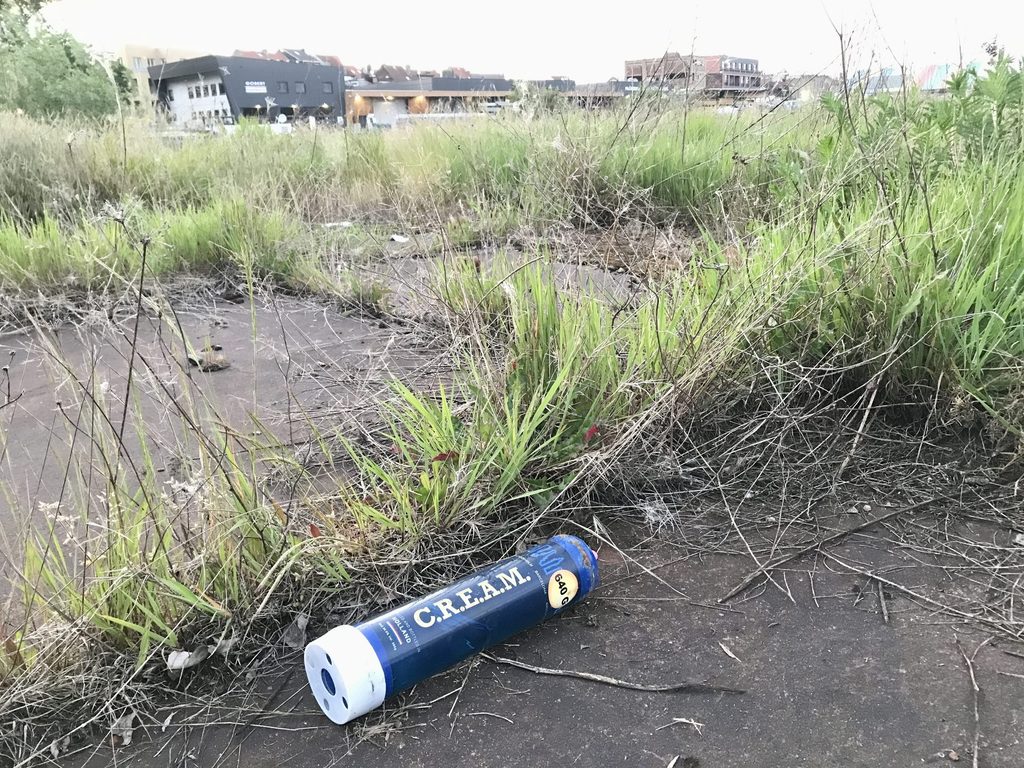Belgium will officially ban the use of nitrous oxide (laughing gas). A Royal Decree to this end was approved by the Federal Government on Friday.
The use of laughing gas has been on the rise, especially among young people, for several years. This poses major risks on several fronts. The chronic use of psychotropic gas causes serious health consequences, with the European Monitoring Centre for Drugs and Drug Addiction stating it is "increasingly worried" about increased consumption of the gas.
A large number of young people also take laughing gas before driving, endangering the safety of other road users. Nitrous oxide has a rapid effect and impacts driving in a similar way to alcohol. In addition, the capsules and larger canisters that the gas is stored in pose a threat. The past year has seen an increase in explosions of nitrous oxide cylinders in incinerators across Belgium.
In many cities and towns, the use of nitrous oxide is already banned. In 2022, selling laughing gas to minors was officially outlawed in Belgium. Police and prosecutors, especially in Brussels where the use increased exponentially, have long been calling for stricter measures and a ban outside of the food sector.
A nationwide ban was proposed on a federal level one year ago, but nitrous oxide nationwide remains freely available, often in the form of whipped cream cartridges. However, on Friday. it was confirmed that the possession, transportation and sale of nitrous oxide, both online and physically, will be criminalised, unless it is intended for medical or technical purposes, or as a food additive.
"The government has decided to insert nitrous oxide into the drug law. Improper use will be prosecuted like cannabis," a statement from the cabinet of Justice Minister Paul Van Tigchelt read.
Special exemptions
The Royal Decree is intended to prevent legislation from becoming fragmented at the local level.
The insertion of laughing gas into the drug law would lead to a ban on the sale, import, possession, transportation and purchase of nitrous oxide. However, the legal use of nitrous oxide remains authorised, notably in the medical and food sectors.
It is up to the police or prosecutors to determine whether possession or transport of the product is "abusive" or not. "We're not targeting people who want to make a nice cream cake, or cyclists who carry small cartridges to inflate their bike tires," Van Tigchelt said.
"What we are aiming at are young people caught at two in the morning in nightlife areas with large quantities of nitrous oxide. They can hardly claim that they wanted to bake a cake."
The Netherlands banned the intoxicant at the start of this year, and the UK Government followed suit last month due to the potential health risk. Here, it is now classified as a Class C drug alongside anabolic steroids and khat.

